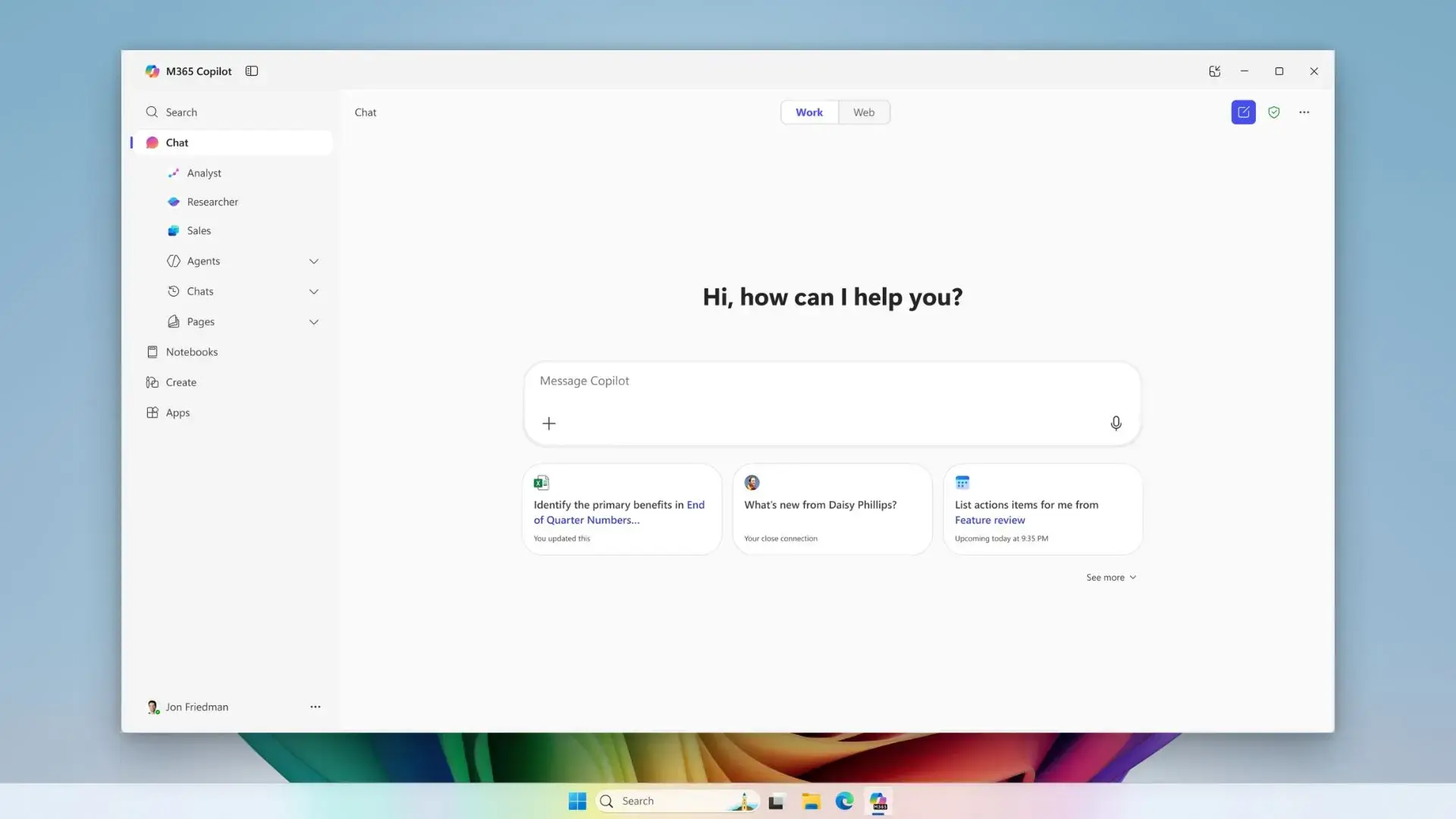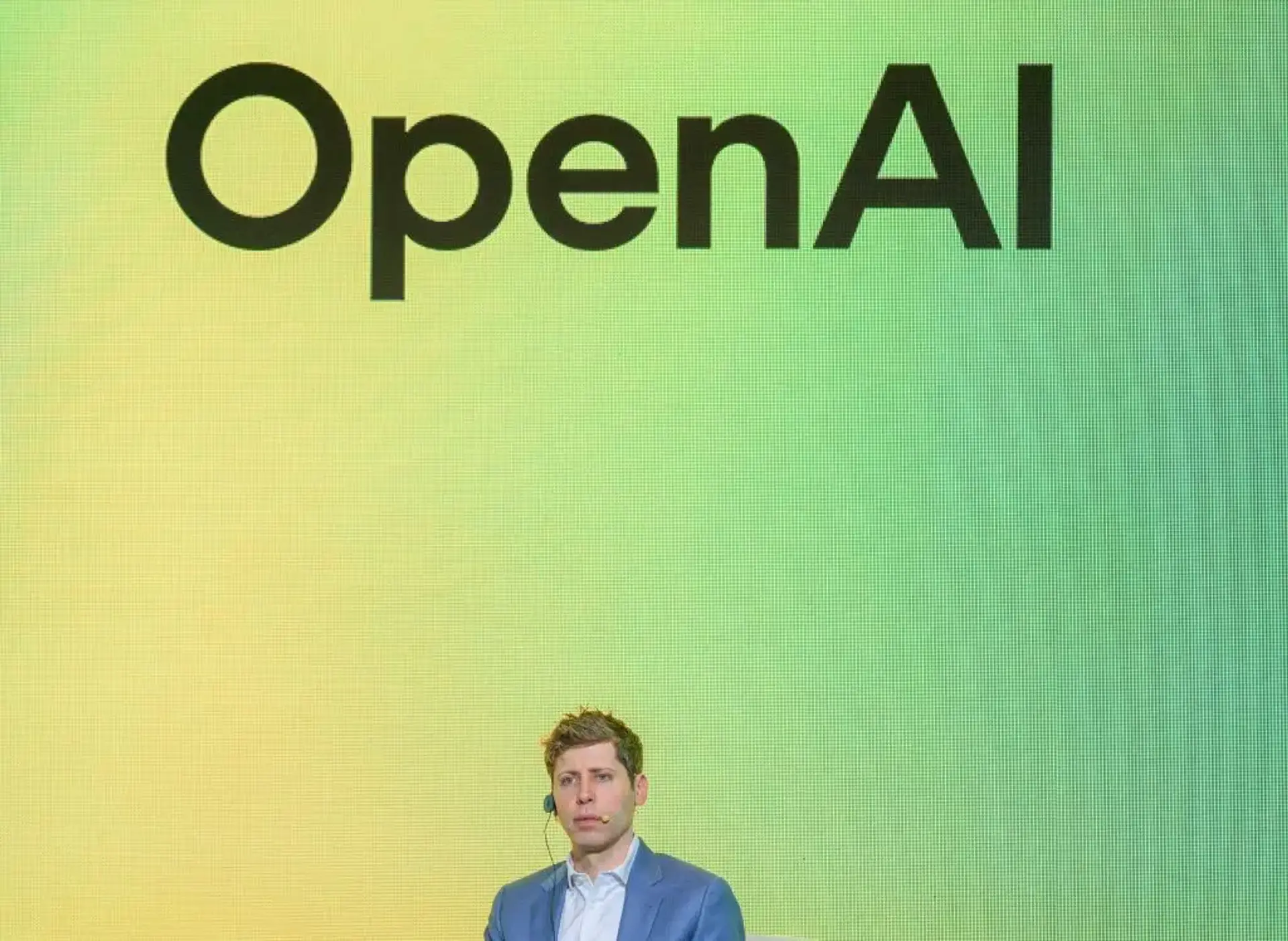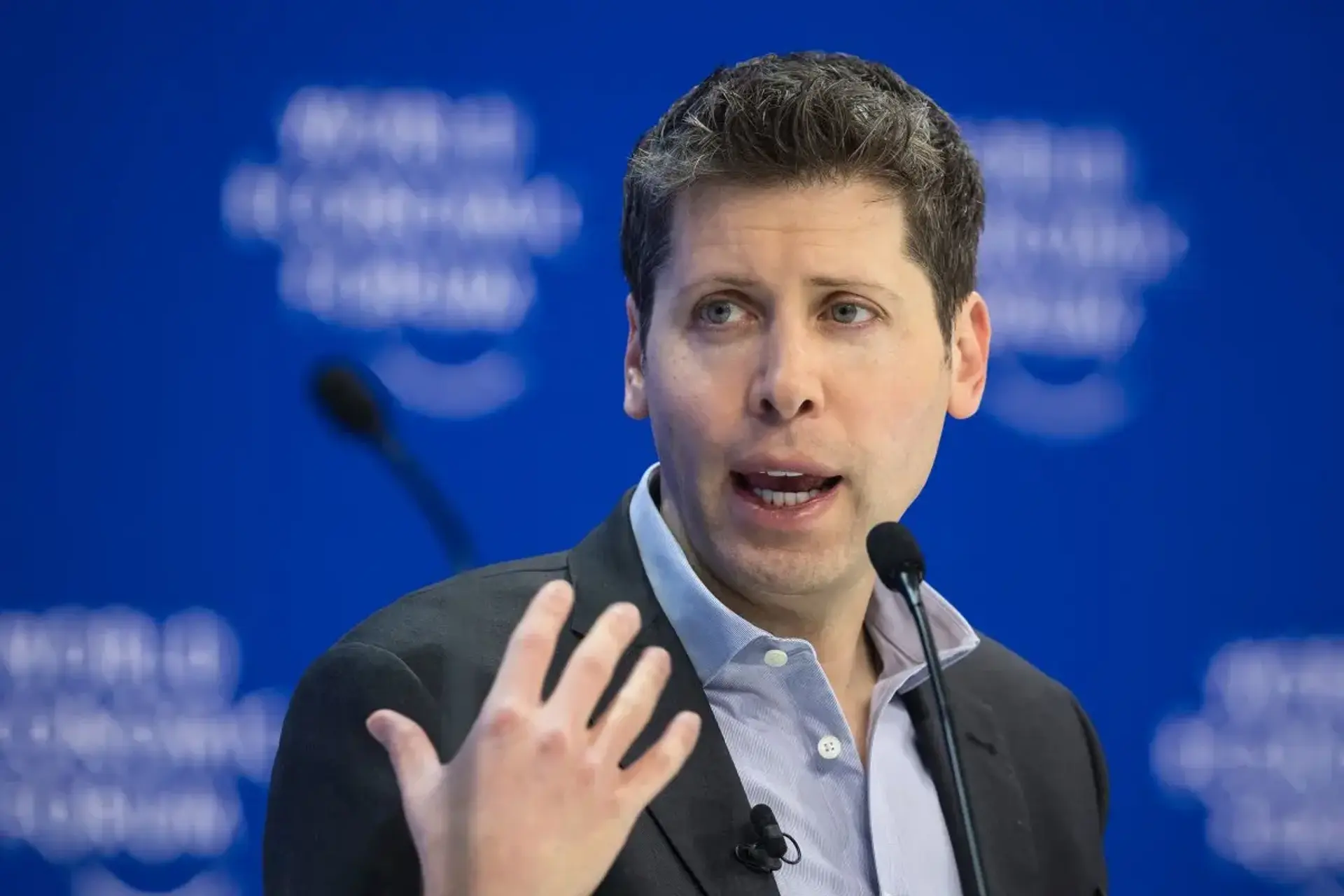A researcher at OpenAI who contributed to the development of GPT-4.5 has had their application for a U.S. green card rejected. This decision arrives amidst growing apprehension in the United States regarding foreign workers, particularly those in advanced technology sectors. The denial highlights potential challenges for tech companies heavily reliant on international talent, like OpenAI, which require specialised expertise to maintain their competitive edge in AI research and development. The situation may force OpenAI and similar firms to navigate increasingly complex immigration policies, potentially impacting their ability to attract and retain top-tier researchers. This could lead to a shift in hiring strategies, with companies possibly focusing more on domestic talent or exploring alternative locations for research hubs.
The denial also raises questions about the U.S.'s commitment to fostering innovation through immigration. Restrictive immigration policies could inadvertently hinder technological progress by limiting the influx of skilled workers who contribute significantly to advancements in fields like artificial intelligence. The long-term effects of such policies could see a slowdown in AI development within the U.S., as talent migrates to countries with more welcoming immigration environments. This case serves as a stark reminder of the intersection between immigration policy and technological innovation, with potential ramifications for the future of AI research in the United States.
Related Articles

Copilot Embraces ChatGPT-4o
Read more about Copilot Embraces ChatGPT-4o →
GPT-4.1: Instruction Following Concerns
Read more about GPT-4.1: Instruction Following Concerns →
ChatGPT Refreshed with o4-mini
Read more about ChatGPT Refreshed with o4-mini →
OpenAI's New Open Model
Read more about OpenAI's New Open Model →
